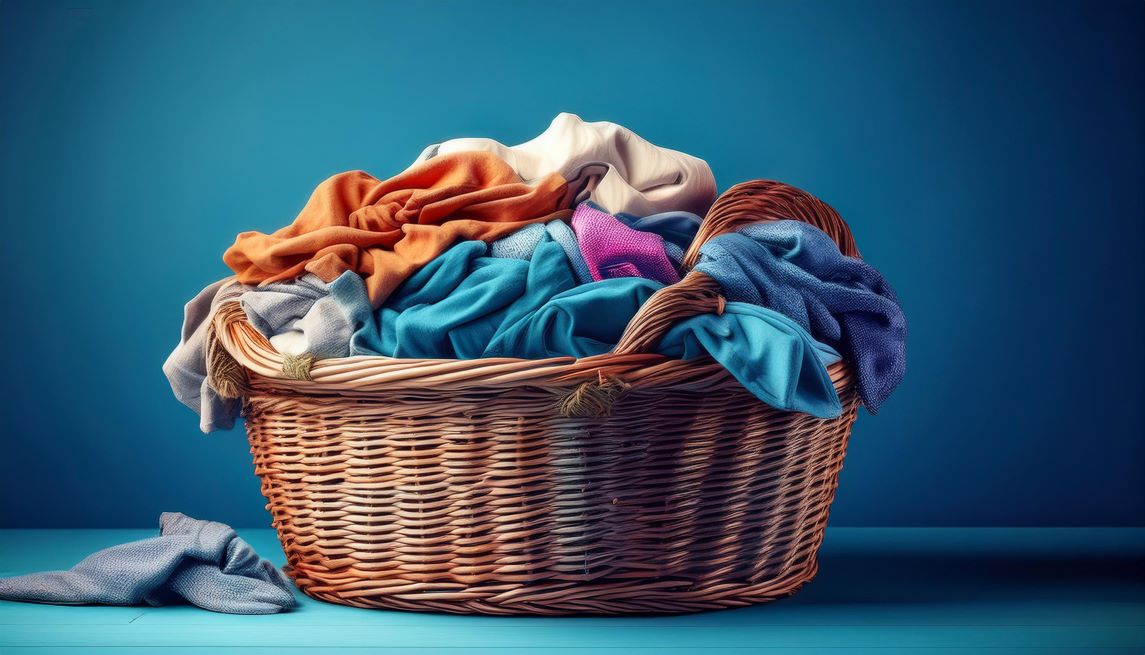Elder Abuse: it’s a dirty little secret

Imagine you are an elder abuser. How would feel if your children metered out the same abuse to you as you delivered to your parents. Unloved? Unwanted? Distraught? Disturbed? Desperate? Suicidal?
Look, we know that all families aren’t skipping happily together like The Brady Bunch. In fact, we don’t know much about the dynamics inside any family. But we do know, that 1 in 6 Australians experiences elder abuse. That is unacceptable.
Elder abuse is often invisible unless it becomes physical. It skids under the radar because it’s normal behaviour and endemic within the four walls of some families. When mentioned, so called bad behaviours towards older people are often sugar coated and brushed off.
When it comes to speaking up about elder abuse, older people seal their lips. They’d rather hope to be loved than risk it all by speaking up and losing connection to those they love.
Unfortunately, the silence of violence has disturbing parallels with other forms of domestic violence. At the end of the day, if an older person says they have been abused, the perpetrator is likely to deny, deny, deny. Worse, even though they “love” the older person “very much”, the elder abuser may accuse them of making it all up. Gaslighting explanations might include, “they’ve got a little bit of dementia now” and they “don’t know what they are saying”. So herein lies the greater risks where elder abusers gaslight older people and weaponise the stigma of dementia, whether diagnosed or not.
If you suspect that someone you love is at risk of, or being elder abused, document. Start today. Create a record of what happens, when, where, who was present etc. It’s hard for elder abusers to deny if you have a record of what happened. Think of it like this, those drivers who believe that at any moment, they will pass a speed camera, are more likely to slow down. Not that I am suggesting that you tell anyone that you are keeping a record. This should be kept on the down low. Just in case. Keep your record as insurance.
You can also report your elder abuse to the police.
Below are a few ideas of behaviours, that if repeated over time, cause harm, distress and disadvantage may be elder abuse:
- being given the silent treatment
- being frozen out of family gatherings
- enjoying the older persons assets without permission
- repeatedly asking for or taking money or personal items and not returning it/them
- refusing access to grandchildren or other family members or manipulating conditional access
- coercing them to sign documents (eg power of attorney)
- refusing to help to access medical care
- swearing at them, telling them they are crazy or have lost their mind, disparaging their intellect or beliefs or denigrating them verbally in some other way
- physically attacking them
- making threats etc etc
This list could go on for a very long time. The point, though, is about how we expose a pattern of behaviour that is detrimental to an older person’s wellbeing by one or more individuals over time that can be reasonably attributed to elder abuse. It’s about gathering evidence and letting it speak.
Heartbreaking as it is, elder abuse can happen to anyone. Don’t let it be you. This excellent resource with videos will help you to understand more about what behaviours constitute elder abuse and what you can do about it.
Resources:
What you need to know for better aged care. Protecting yourself from harm. OPAN. https://opan.org.au/toolkit-category/protecting-yourself-from-harm/ (Accessed 31 August 2024)
Elder Abuse, Human Rights Commission. Monday 1 November 2021. https://humanrights.gov.au/elderabuse
(Accessed 1 June 2021)
